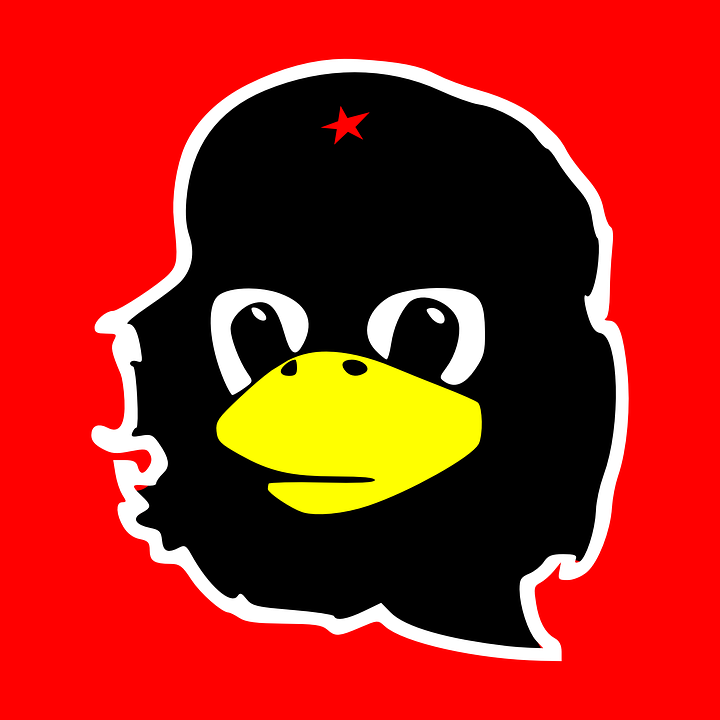Once again, is has been reported that Tech companies block another Leila Khaled event.
Once again it were #Zoom, #Facebook and #YouTube, together with #Eventbrite, that denied access to their services for Palestinian event that included the great revolutionary and resistance icon Leyla Khaled.
Last time was in September 2020, also in San Francisco State University.
Whenever people struggle against censorship of Tech companies, It reminds me of the struggle we have here, in the “Dakhel” (“inside”, an Arabic nickname to the parts of Palestine that were occupied in ’48 war and are treated as “legitimate” Israel).
The Israeli law treats an assembly as a “demonstration” (that requires a license) if all of the following conditions are met:
- 50+ participants
- Held out in the open
- Includes speeches/discussions/lectures on social or political matters
As result, a vigil that does not march or have a speech is not required to have a license. Yet, on many cases, activists had, and still have, to stand against police attempt to shut down a vigil by claiming it does not have a license.
Here In Haifa, it took decades of struggle to make the police stop using the license excuse against (specially Palestinian) vigils, and to “educate” them about actual legal requirements. Not that it does not happen here and there, but usually people know what to say and police backs off (from this excuse).
Sometimes when organizing an event, there are people who insist on asking the police for a license, even if not required, just “to make sure” they will not shut down the event. This practice is not only unhelpful, it is harmful, because it can make the organizers subject to legal allegations if the event is still attacked by the police, or the police says it violated the license conditions. Asking for a license when not legally required only helps the police to control our speech and does not help our freedom. Experienced activists are expected to know not to ask for a license for a protest that does not require it legally.
I strongly suggest applying “No asking for license” strategy to online events.
This should be done by using platforms that are decentralized or federated. Decentralized means that there is no central, monopolized service provider but many providers you can choose from, including the option to host the service yourself. Federated means that decentralized services interact with each other via standard protocols, to connect and dispatch your data, be that blogs, micro-blogging (twitter-like), chats, or video conferences. An important requirement for decentralized/federated platforms is that they are “Free Software”, which means (among other things) its possible to verify it does not include deliberately harmful “features” such as collecting and sharing private data.
Free federated platforms protect your freedom and privacy by letting you, and only you, control whats private and whats public.
Attacking the Tech companies for their censorship actions is necessary, but at the same time, we can and should have better tools that respect our freedom.
Political activists and networks, Anti-colonialist struggles, and every liberation struggle that is being censored, marginalized and silenced, should develop and share knowledge to create a better way to handle online discussions and actions. the first step is to stop being dependent on the very same ones who attempt to shut us down.
For video conferences, I suggest Jitsi, a decentralized, free software platform for online meeting. it has fairly intuitive GUI and can run directly in browser, every standard browser, without installation.
For chat, I suggest Matrix, a federated, free software, chat platform (and more) which is improved amazingly fast.
And there are more, of course, a lot more, Just stop asking for permission.

Comments
May 6, 2021 22:43
It is now reported that Instagram censor stories from Sheikh Jarah, a Palestinian neighborhood that is attacked by police and settlers in Alquds (Jerusalem).
May 8, 2021 16:05
Yoram, you’re misquoting the legal requirement for a demonstration license under Israeli law. A demonstration requires a license only if all of the following conditions are met:
if any of these is not met, a demonstration does not need a license. Also, a coordinated public march of over 50 people requires a license.
See:
https://www.nevo.co.il/law_html/Law01/290_002.htm#Seif97 and also file:///tmp/mozilla_eyalroz0/31200.pdf
May 9, 2021 16:59
@einpoklum Thanks, I rephrased.
March 17, 2023 22:51
Even asking for a license when the law does require it is problematic - as it normalizes the power of the state to decide what significant public events can or cannot be held, and gets the police used to exercising such power and being told of anything significant about to happen. It is somewhat similar to asking for a license to take strike action, or to register organizations under the associations law etc. All of these practices have clear short-term benefits, but detrimental long-term effects as well.
May 25, 2023 18:49
@einpoklum Problematic, sure, but It’s also something that is done all the time and has good reasons. People like to speak against taking licenses when required by occupation laws, but activities like Land Day march and March of return (not the one of Gaza) do take licenses, and we all come to them.